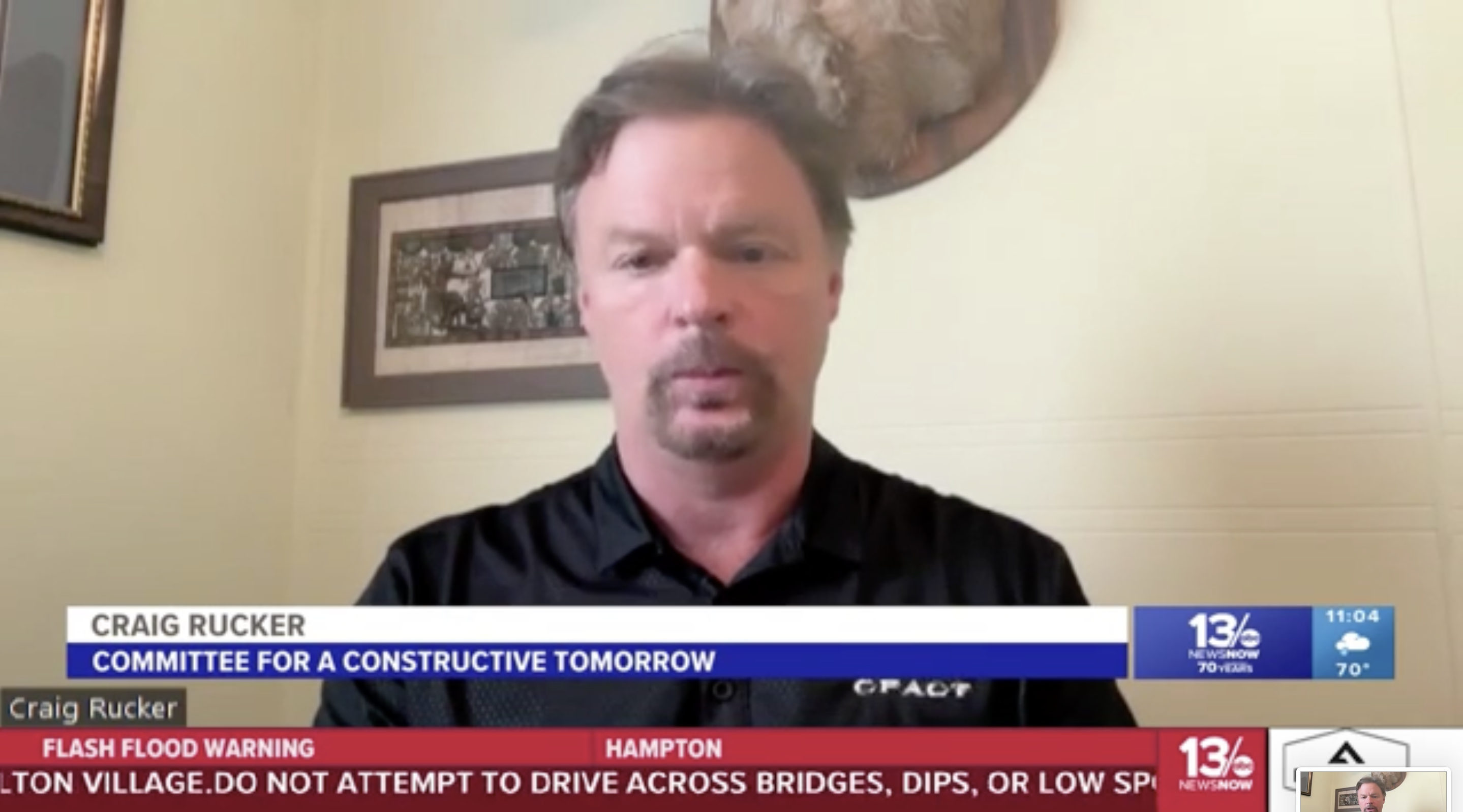Democracy, for once, isn’t dying in darkness.
The Washington Post, an outlet all-in for net-zero energy, conceded recent whale deaths off the Atlantic Coast spell doom for the Biden administration’s offshore wind prospects.
“The humpback was one of nine large whales to get stranded over six weeks on or near beaches in the Northeast, not far from where developers of hundreds of offshore wind turbines are engaged in a flurry of preconstruction activity,” the publication noted.
The article added, “It’s the latest in a string of threats to a fledgling offshore wind industry that climate advocates say is central to reducing greenhouse gas emissions. Surging costs from inflation and labor shortages have developers saying their projects may not be profitable. A raft of lawsuits and pending federal restrictions to protect sensitive wildlife could further add to costs.”
The Sierra Club and Natural Resources Defense Council, two influential radical preservationist organizations, haven’t questioned its potential harmful effects on whales. Instead, they are quick to assign blame to vessel strikes and fishermen. But one unlikely skeptic is Center for Biological Diversity—a group that actively targets and works to displace conservationists like lobstermen, hunters, and anglers.
“I’m skeptical that either side is correct,” Brett Hartl, the government affairs director for the Center for Biological Diversity, told Fox News. “I saw environmental groups saying wind definitely isn’t the cause of this and then others are saying wind is definitely the cause of this. These things take a lot of time – they’re going to do autopsies and necropsies to figure it out.”
Fourteen recent whale deaths–namely in New Jersey–have prompted calls to cease offshore wind exploration to determine if whale deaths stem from activities like underwater geotechnical testing.
A fact largely going unreported: As offshore wind leases expanded between 2015-2016, Incidental Take Authorizations (ITAs) were increasingly requested by renewable energy companies to offset their impact on marine mammals. For instance, 46 one-year ITAs have been authorized for wind sites. And more are expected to be approved. Talk about a coincidence.
David Wojick with the Committee for the Constructive Tomorrow attributes whale deaths to sonar blasting, writing, “There are lots of ways this sonar blasting might cause whales to die. Simply fleeing the incredible noise could cause ship strikes or fish gear entanglements, the two leading causes of whale deaths. Of the whales could be deafened, increasing their chances of being struck by a ship later on. Direct bleeding injury, like getting their ears damaged, is another known risk, possibly leading to death from infection. So there can be a big time difference between blasting and death.”
But NOAA Fisheries insists these projects have no impact, even dedicating a FAQ sheet to claiming there’s no link “between recent large whale mortalities and currently ongoing surveys for offshore wind development.”
This dismissive tone, however, isn’t sitting well with lawmakers.
Congressman Andy Harris (R-MD) issued a strong rebuke of NOAA, stating, “…I am calling for an immediate moratorium on windmill construction and related underwater geotechnical testing until it is definitively proven that this construction and testing are not the cause of the repeated whale deaths.”
“NOAA has offered zero evidence that this construction, including geotechnical testing, is not the cause of death,” Harris added. “Even a vessel strike is still consistent with injury from seismic testing as that testing may interfere with the whale’s hearing and senses – some think causing long lasting damage. We need to take the time to gather proper scientific data, act in full transparency, and not rely upon FAQ platitudes for these projects, their construction, and the impact they may have upon our environment.”
Ben Laws from NOAA’s Office of Protect Resources insists these projects have no impact on whales. But according to Chesapeake Bay Magazine, he believes offshore wind can have deleterious effects on whales due to Level A and Level B harassment. The former applies to whale injuries, while the latter encompasses behavioral disturbances to whales —theoretically applying to disturbances from offshore wind.
The magazine continues, “Laws acknowledges that Atlantic coast offshore wind proposals that have been issued would allow Level B harassment to whales, with some limited instances of Level A harassment in the form of noise exposure. And, NOAA points out, there is also the potential for survey activity to injure whales because the extra boat traffic could increase the chance of vessel strikes.”
Laws’ comments, however, contrast his NOAA Fisheries colleague, Sean Hayes, who warned about offshore wind’s impact on endangered North Atlantic right whales. Hayes stressed in a May 13th memo: “Additional noise, vessel traffic and habitat modifications due to offshore wind development will likely cause added stress that could result in additional population consequences to a species that is already experiencing rapid decline.”
The White House mandated achieving 30 gigawatts of electricity generated from offshore wind by 2030. But deadlines to meet unrealistic goals pose a threat not only to the whales, but to energy security too. Wind, like solar, is severely unreliable and maintenance costs are expensive.
Why destroy the ocean to save the planet? It’s paradoxical. Worse, it undermines true conservation practices that undergird environmental stewardship.
NOAA Fisheries must treat whale mortality events with the seriousness they deserve and not conceal data to assuage Big Wind.
Let’s save the whales –and ourselves– from these problematic energy projects.




